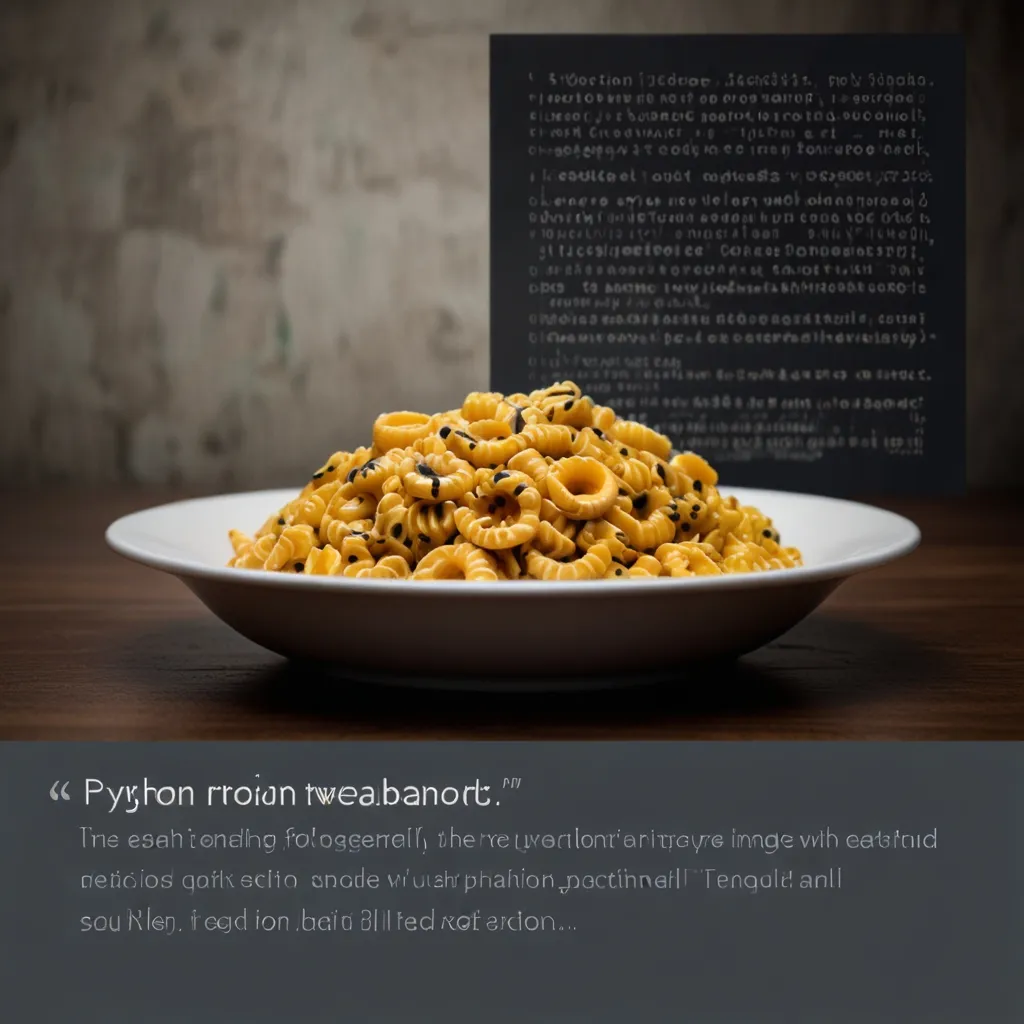Handling large media or data files in web applications can be tricky. Traditional methods often hit performance issues, like high memory usage and sluggish response times. Enter streaming responses and frameworks like FastAPI. They’re designed to tackle these scenarios without breaking a sweat.
So, what’s the deal with streaming responses? Think of it as sending data in bite-sized chunks rather than dumping the entire file into memory. This approach cuts down memory usage and dodges timeouts. Picture downloading a massive video file. Instead of waiting for the whole thing to load, the server serves it in smaller pieces, letting you start watching almost instantly.
FastAPI has a nifty tool called StreamingResponse to manage streaming data like a pro. Here’s a simple example to stream a large file:
from fastapi import FastAPI
from fastapi.responses import StreamingResponse
app = FastAPI()
def iterfile(file_path):
with open(file_path, mode="rb") as file_like:
yield from file_like
@app.get("/download")
async def download_file():
file_path = "path/to/your/large_file.zip"
return StreamingResponse(iterfile(file_path), media_type="application/octet-stream")
Here, iterfile reads the file bit by bit in binary mode, passing chunks to StreamingResponse to stream to the client.
Streaming responses are cool for managing memory usage, but figuring out the perfect chunk size matters. Bigger chunks mean fewer requests but more memory. Smaller chunks do the opposite. You’ve got to strike a balance based on your needs.
How about reading files asynchronously? FastAPI’s async nature shines here. Using aiofiles to read files ensures the server can multitask while streaming:
from fastapi import FastAPI
from fastapi.responses import StreamingResponse
import aiofiles
app = FastAPI()
async def async_file_reader(file_path):
async with aiofiles.open(file_path, 'rb') as file:
while chunk := await file.read(1024):
yield chunk
@app.get("/async-download")
async def async_download_file():
file_path = "path/to/your/large_file.zip"
return StreamingResponse(async_file_reader(file_path), media_type="application/octet-stream")
FastAPI’s async capabilities mean your streaming doesn’t hog resources, letting you handle multiple clients effectively.
Errors happen, especially with streaming responses. Imagine chunks not sending properly or client disconnections. Your app needs to handle such cases smoothly. Cleanup resources if the client bails mid-stream, and prepare to tackle incomplete or corrupted responses.
Security’s another concern with streaming responses. Big files or sensitive data need careful handling. Rate limiting can prevent abuse, and validating data before streaming is a must to avoid issues like injection attacks.
Don’t forget the right media_type in your StreamingResponse. This tiny detail helps the client know how to handle the incoming data, making things more efficient and smooth.
And yeah, if something goes awry, good logging and monitoring come to the rescue. They help you keep tabs on performance and debug issues without pulling your hair out.
Streaming responses aren’t just about downloading big files. They’re also great for live updates, real-time data streaming, and even video streaming. Say you’re building an app to stream video content – StreamingResponse can handle video chunks, letting viewers start watching immediately.
Sometimes, you might want to do some background processing while streaming. FastAPI’s background tasks are perfect for this. Here’s a quick example:
from fastapi import FastAPI, BackgroundTasks
from fastapi.responses import StreamingResponse
app = FastAPI()
def background_data_processor():
# Process data in the background
pass
def data_streamer():
for i in range(10):
yield f"data {i}\n"
@app.get("/data")
async def stream_data(background_tasks: BackgroundTasks):
background_tasks.add_task(background_data_processor)
return StreamingResponse(data_streamer(), media_type="text/plain")
Here, background_data_processor handles data in the background while data_streamer streams the data to the client.
Streaming responses in FastAPI are a game-changer for handling large media or data files. With asynchronous magic and smart memory management, your app stays snappy even under heavy loads. Just remember to handle errors gracefully, pick the right media types, and keep a close eye with logs and monitoring. Follow these tips, and your streaming endpoints will be rock solid.






